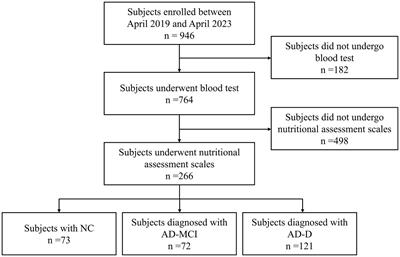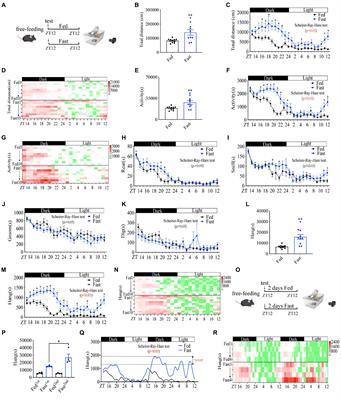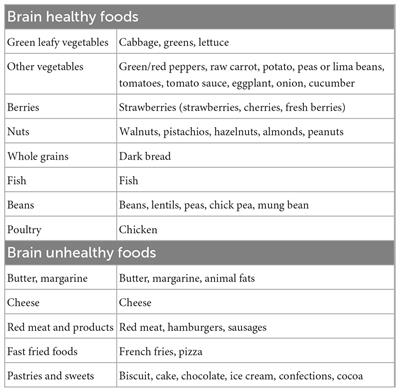EDITORIAL
Published on 01 Jul 2024
Editorial: Neurobiology of eating behavior: insights into adiposity and cardiometabolic health
doi 10.3389/fnut.2024.1448985
- 567 views
3,409
Total downloads
16k
Total views and downloads
Select the journal/section where you want your idea to be submitted:
EDITORIAL
Published on 01 Jul 2024
ORIGINAL RESEARCH
Published on 11 Jun 2024

ORIGINAL RESEARCH
Published on 07 Mar 2024

ORIGINAL RESEARCH
Published on 15 Feb 2024

ORIGINAL RESEARCH
Published on 12 Oct 2023

ORIGINAL RESEARCH
Published on 11 Apr 2023

